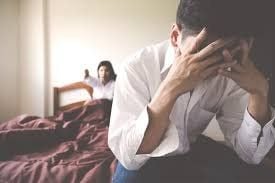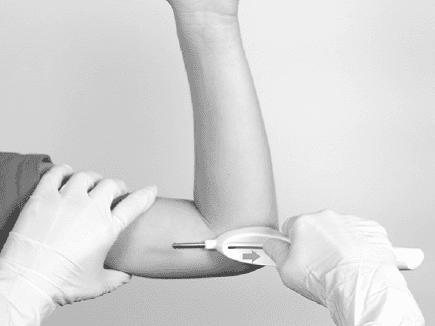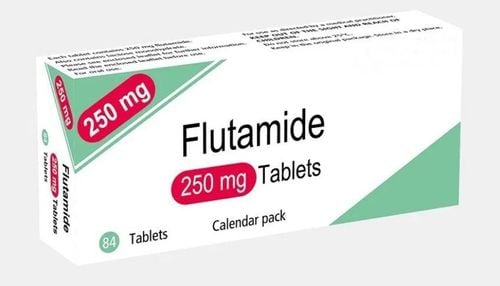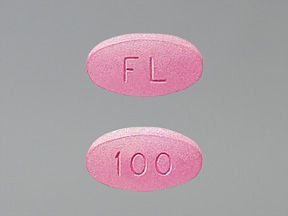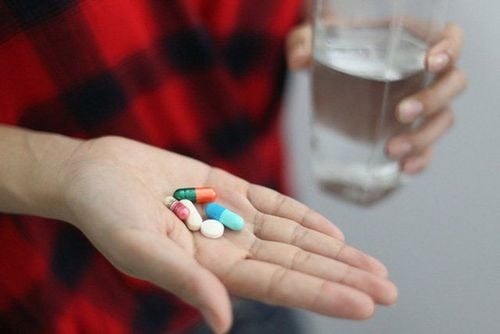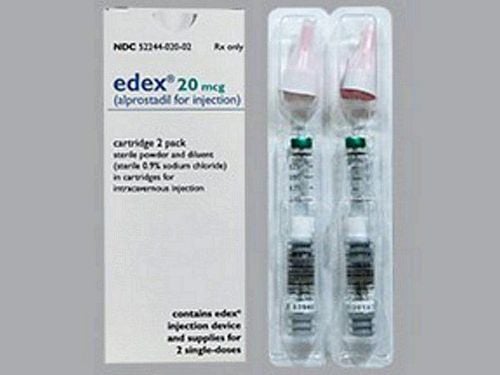This is an automatically translated article.
Decreased libido describes a decrease in interest in sexual activity. People often lose interest in sex at times, and libido levels change throughout life. Here are a few potential causes of low sex drive in men.1. Why decreased libido?
1.1 Low testosterone
Testosterone is an important male hormone. In men, this hormone is produced mainly in the testicles.
Testosterone is responsible for building muscle and bone mass, and for stimulating sperm production. Your testosterone levels are also a contributing factor to your sex drive.
Normally, testosterone levels also change frequently. However, according to the American Urological Association (AUA), adult men are considered low testosterone or low T when testosterone falls below 300 nanograms per deciliter (ng/dL). When testosterone levels drop, your sex drive also decreases.
Reduced testosterone is a normal part of aging. However, a sharp drop in testosterone can lead to a decrease in libido.
Therefore, you need to talk to your doctor if you think your low sex drive symptoms are affecting your sex life. You can take supplements or gels to increase your testosterone levels.
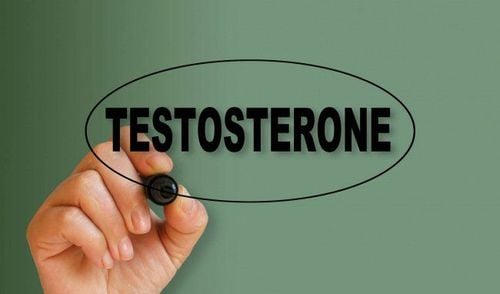
Suy giảm testosterone là nguyên nhân dẫn đến giảm ham muốn tình dục
1.2 Drugs
Taking certain medications can lower testosterone levels, which in turn can lead to low libido. For example, blood pressure medications such as ACE inhibitors and beta blockers can prevent ejaculation and erections.Other drugs that can lower testosterone levels include:
Chemotherapy or radiation therapy for cancer Hormones used to treat prostate cancer Corticosteroids Opioid pain relievers, such as morphine (MorphaBond, MS Contin) and oxycodone (OxyContin, Percocet) An antifungal medicine called ketoconazole Cimetidine (Tagamet), used for heartburn and gastroesophageal reflux disease (GERD) Anabolic steroids, can be used by athletes to increase muscle mass Certain types of antidepressants If you experience side effects of your medication that lead to low testosterone levels, talk to your doctor to reduce your dosage or switch to another medication.
1.3 Restless Legs Syndrome
Restless leg syndrome (RLS) is an uncontrollable urge to move your legs. One study found that men with RLS had a higher risk of erectile dysfunction (ED) than men without RLS. ED occurs when a man is unable to have an erection or is unable to maintain an erection.
In the study, researchers found that men who had RLS at least five times per month were about 50% more likely to develop ED than men without RLS.
Also, men with frequent RLS are even more likely to become impotent.
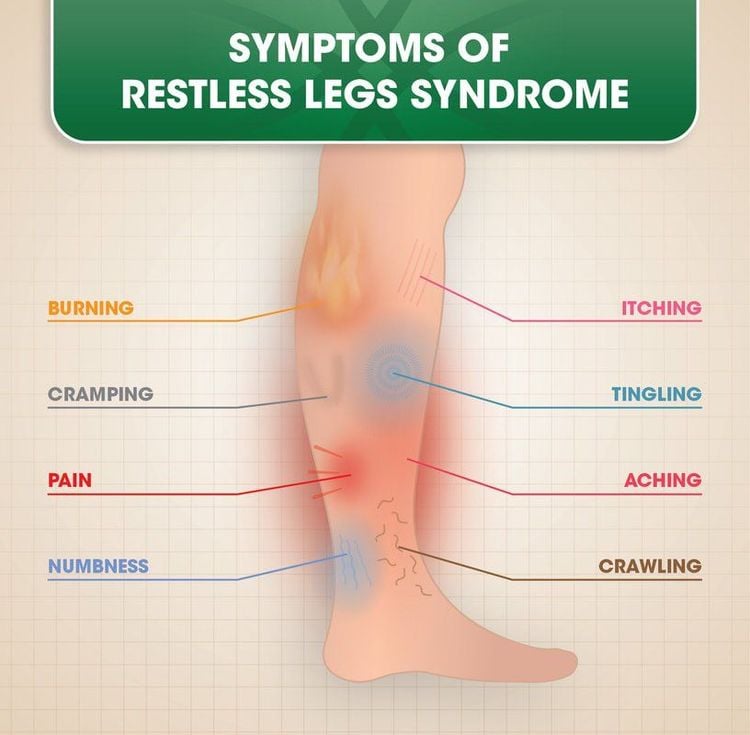
Nam giới mắc hội chứng chân không yên tăng nguy cơ bị rối loạn cương dương
1.4 Depression
Depression changes every part of a person's life. People with depression have symptoms of decreased interest or complete loss of interest in activities they once enjoyed, including sex.
In addition, decreased libido is also a side effect of some antidepressants, including:
Serotonin-norepinephrine reuptake inhibitors (SNRIs), such as duloxetine (Cymbalta) Reuptake inhibitors selective serotonin reuptake inhibitors (SSRIs), such as fluoxetine (Prozac) and sertraline (Zoloft) However, norepinephrine and dopamine reuptake inhibitors (NRDIs) (Wellbutrin SR, Wellbutrin XL) have been shown to reduce libido sex.
Therefore, you need to talk to your doctor if you are taking antidepressants and you have cravings. Your doctor can address these side effects by adjusting the dose of the drug or switching to a different medication.
1.5 Chronic illness
When you feel unwell as a result of a chronic health condition, such as chronic pain, the need for sex is likely to be low on your priority list. Certain diseases, such as cancer, can also reduce sperm production.
Other chronic diseases that can affect your sex drive include:
Type 2 diabetes Obesity High blood pressure High cholesterol Lung failure, heart failure, kidney failure and chronic liver failure

Béo phì có thể làm giảm khả năng sản xuất tinh trùng
1.6 Low self-esteem
Self-esteem is defined as a person's general opinion of themselves. Low self-esteem, low self-confidence, and poor body shape can affect your health and well-being.
If you feel that you are unattractive or unworthy, this can potentially take a toll on your sex life. Not liking what you see in the mirror can even make you want to avoid sex altogether.
Low self-esteem can also cause anxiety about sexuality, which can lead to ED problems and decreased sex drive.
Over time, self-esteem issues can lead to larger mental health problems, such as depression, anxiety, and drug or alcohol abuse, all of which associated with decreased libido.
1.7 Exercise too little (or too much)
Too little or too much exercise can also be the cause of low sex drive in men.
Too little exercise (or no exercise at all) can lead to a host of health problems and these diseases can affect libido and arousal.
Regular exercise can reduce the risk of chronic diseases such as obesity, high blood pressure and type 2 diabetes, all of which reduce libido. Moderate exercise reduces nighttime cortisol levels and reduces stress, which can help increase sex drive.
On the other hand, excessive exercise has also been shown to affect sexual health. In one study, the level of sustained and intense endurance exercise on a regular basis was strongly associated with a decrease in libido scores in men.

Nam giới nên duy trì thói quen tập thể dục nhằm duy trì ham muốn tình dục
1.8 Wine
Heavy alcohol use, or more than 14 mixed drinks in a week, has also been linked to decreased testosterone production.
Experts recommend that men who consume more than three or more alcoholic beverages regularly should consider drinking less.
1.9 Drug use
In addition to alcohol, the use of tobacco, marijuana and illegal drugs such as opium has also been linked to decreased testosterone production. This can lead to a lack of sex drive.
Smoking has also been found to have a negative impact on sperm production and sperm motility.
2. Physical and emotional side effects of low libido
A decreased sex drive can be very disturbing for men. Reduced libido can lead to a vicious cycle of physical and emotional side effects, including ED, which is the inability of a man to maintain an erection long enough to have sex. peaked.
ED can cause men to experience anxiety around sex. This can lead to stress and conflict between the man and his partner, which can lead to a decrease in the frequency of sex and an increase in relationship problems between the man and his partner.
Having trouble having sex due to ED can cause feelings of depression, self-esteem problems, and low body self-esteem.

Giảm ham muốn gây ra những phiền toái trong cuộc sống vợ chồng
3. Treatment for decreased libido in men
After examination and testing explains why low libido, depending on the cause of the individual man, treatment may include:
Making healthier lifestyle choices. Improve your diet, exercise regularly and get enough sleep, cut down on alcohol and reduce stress. your education Testosterone replacement therapy Counseling Your doctor may recommend therapy if the cause of your low libido is psychological. If the problem is depression, antidepressants can be effective.
Please dial HOTLINE for more information or register for an appointment HERE. Download MyVinmec app to make appointments faster and to manage your bookings easily.
Articles refer to sources: healthline.com, nhs.uk, webmd.com.




